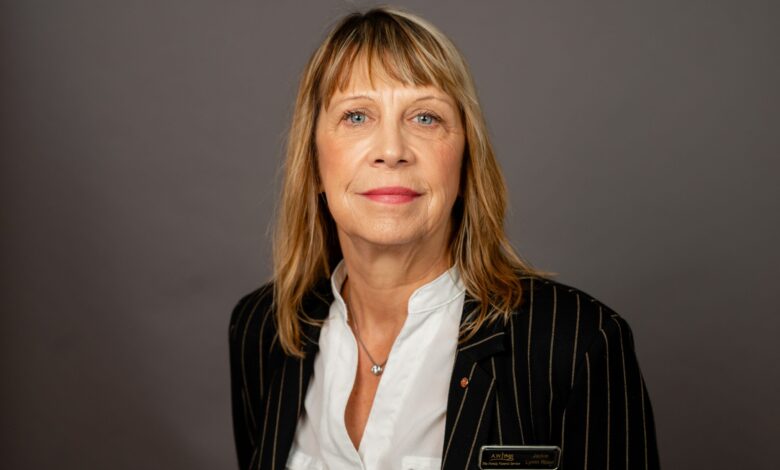The rise of women in the funeral profession
Female contributions are reshaping the profession, bringing new perspectives and compassionate care to families during some of life’s most challenging moments

Once perceived as a male-dominated field, the funeral industry has seen remarkable transformation over recent decades, with women now playing a significant role in the evolution and futureproofing of the sector.

